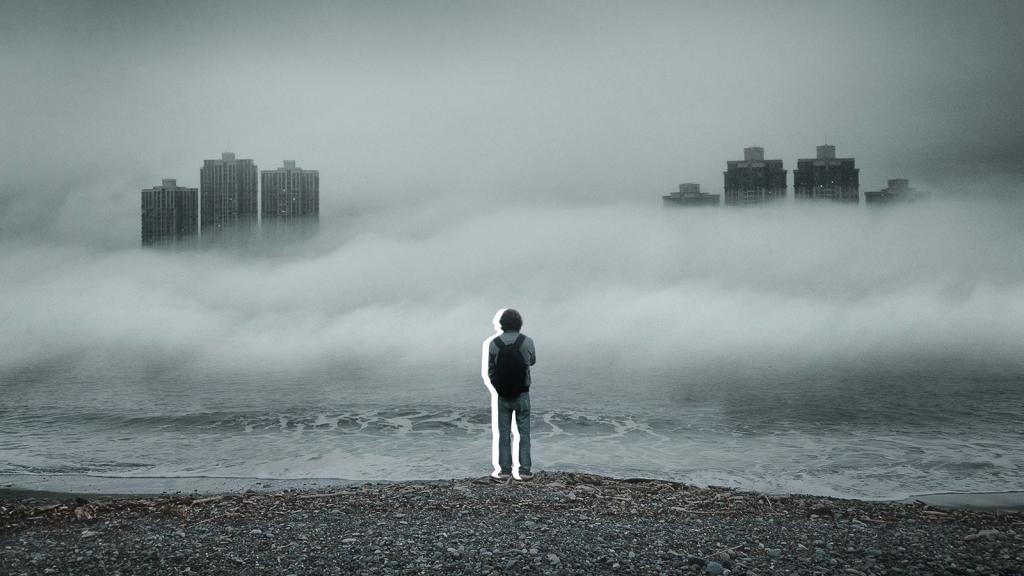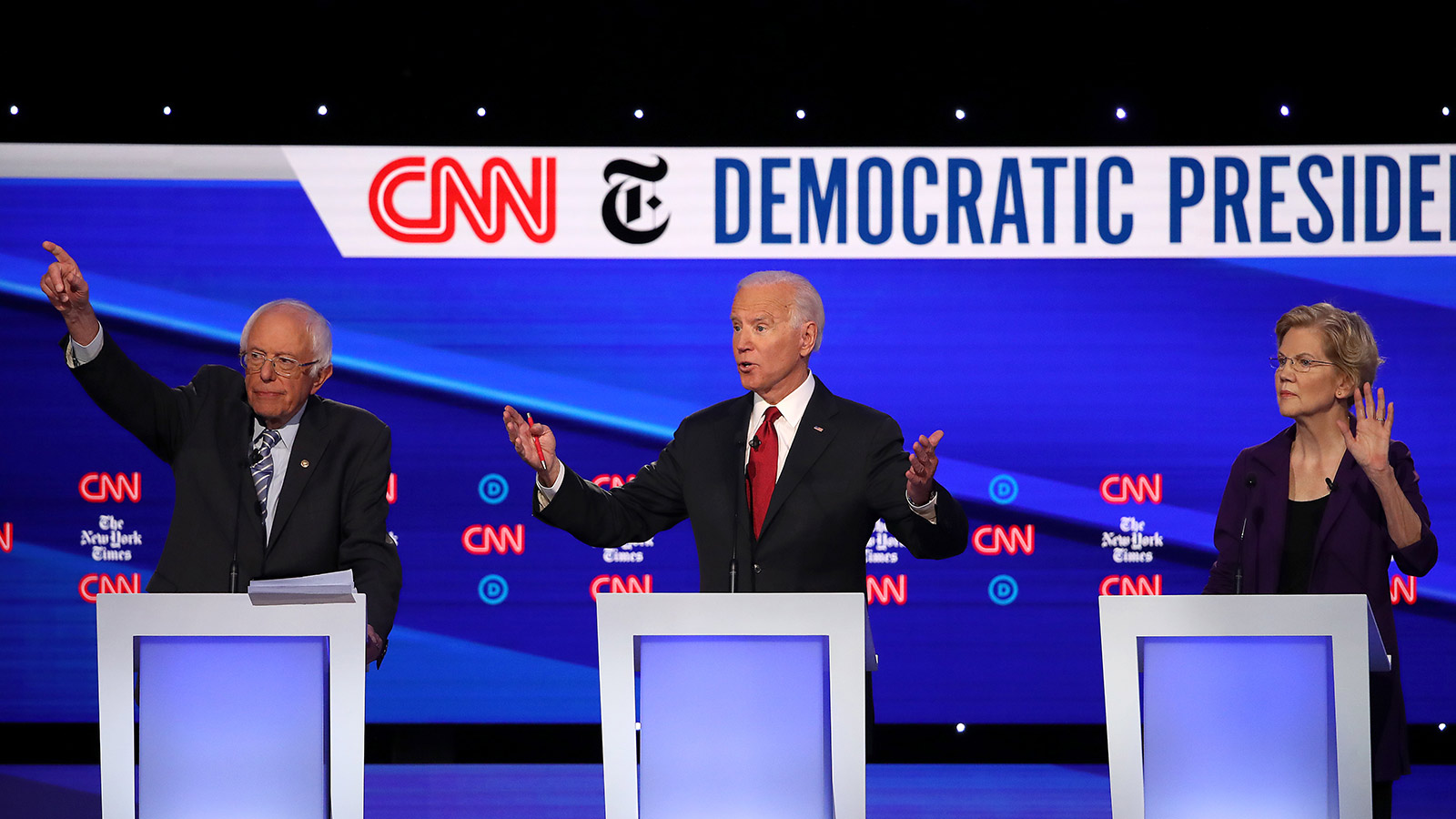Moderators of the three previous Democratic primary debates caught a lot of flak from environmental advocates for not spending enough time on climate change. On Tuesday night, moderators of the fourth debate paved the way for a new era of climate politics by featuring warming front and center. Just kidding. In actuality not a single question about the biggest threat facing residents of the United States, and the world, was asked of the 12 candidates who qualified for the debate.
That’s despite the fact that CNN, one of the night’s two host media organizations, recently held a climate change-themed town hall during which moderators grilled candidates on all angles of the issue. The New York Times, the other host, has a team of journalists specifically assigned to climate stories. (CNN even ran a Times ad touting its climate coverage during one of the debate’s commercial breaks). And yet, somehow, CNN and the Times were unable to muster even a yes/no question about a crisis that is projected to claim millions of lives and alter the world as we know it.
Instead, the candidates were asked about hot topics in recent news cycles, like about whether President Trump should be impeached and the commander-in-chief’s recent decision to pull troops out of Syria — as well as topics that have come up previously, like gun control, a wealth tax, and the minutiae of single-payer health care versus Medicare for all versus “Medicare for all who want it.” That’s all well and good: It’s certainly important that voters hear from the candidates on those issues. But at the 11th hour, when it seemed the moderators might finally ask the candidates a question about climate change, they delivered a disappointment of epic proportions.
Fifteen minutes before the end of the three-hour debate, CNN anchor Anderson Cooper referenced a recent controversy that erupted when a photograph of comedian and talk show host Ellen DeGeneres and George W. Bush watching a Cowboys game together surfaced. “I think that we’ve forgotten that that’s O.K. that we’re all different,” DeGeneres, a lesbian and self-identified liberal said in response to the backlash about her hang with the former Republican president. “In that spirit, we’d like you to tell us about a friendship that you’ve had that would surprise us and what impact it’s had on you and your beliefs,” Cooper said to the candidates.
That’s right. Moderators opted to go with a question about Ellen DeGeneres and friendship over the climate crisis. Climate experts and activists were … not pleased.
Even some of the candidates themselves took to Twitter to voice their displeasure with the moderators.
One former candidate, climate hawk and Washington State Governor Jay Inslee, had to weigh in.
Not all hope is lost. The moderators dropped the ball (and then kicked it into a flaming volcano), but several candidates managed to sneak flicks at the climate crisis into their answers on other topics. Bernie Sanders talked about how his climate plan will create 20 million new jobs in response to a question about manufacturing. Pete Buttigieg mentioned not losing sight of dealing with climate change while many in his party were preoccupied with Trump’s potential impeachment. Tom Steyer, the billionaire newcomer who has launched a campaign to bring out the climate vote, named a grassroots environmental activist in South Carolina as his unlikely friend. In fact, a majority of the candidates on stage thought to mention climate change over the course of Tuesday night’s debate.
Considering that recent polls show that, among registered Democrats, climate change ranks up there with issues like universal health care, gun control, and impeachment, you’d think moderators would want to, y’know, bring it up from time to time.



